Detectorists discover a hoard of nearly 2000 Roman coins

A pair of detectorists discovered a trove of nearly 2000 ancient Roman coins while sweeping a freshly ploughed field with metal detectors near Hayle, Corwall, United Kingdom.

A pair of detectorists discovered a trove of nearly 2000 ancient Roman coins while sweeping a freshly ploughed field with metal detectors near Hayle, Corwall, United Kingdom.
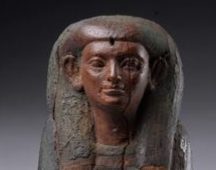
Ancient Egyptian ushabti statue that went missing from the storage room of a museum in Aswan in 2013 was recovered in London. The artefact dates 3800 years to the past.
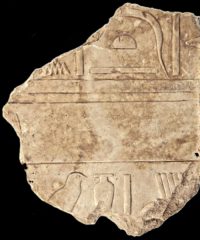
A limestone relief stolen from Queen Hatshepsut’s temple in El-Deir El-Bahari in Luxor and illegally smuggled out was recovered by Egypt’s Ministry of Antiquities from London.

The face of a man who lived 9500 years ago in Neolithic settlement in Jericho, now the West Bank region of Palestine, was reconstructed in British Museum.
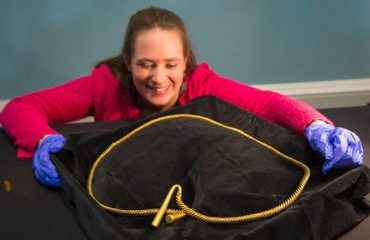
According to the Portable Antiquities Scheme annual report launched at the British Museum, over 82000 discoveries were made by members of the public, mostly by people who were metal-detecting, in the United Kingdom.
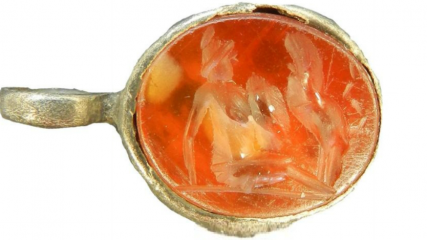
A metal detectorist with over 10 years of experience discovered a rare Roman pendant in Farndon, Cheshire, United Kingdom. The piece of jewellery is said to be 2000 years old.
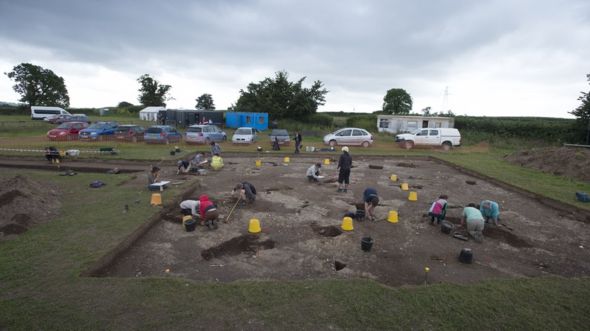
After two weeks of excavations experts from the Ipplepen Archaeological Project discovered a Romano-British settlement at the site near Ipplepen, Davon (United Kingdom) where a detectorist discovered coins in 2009.